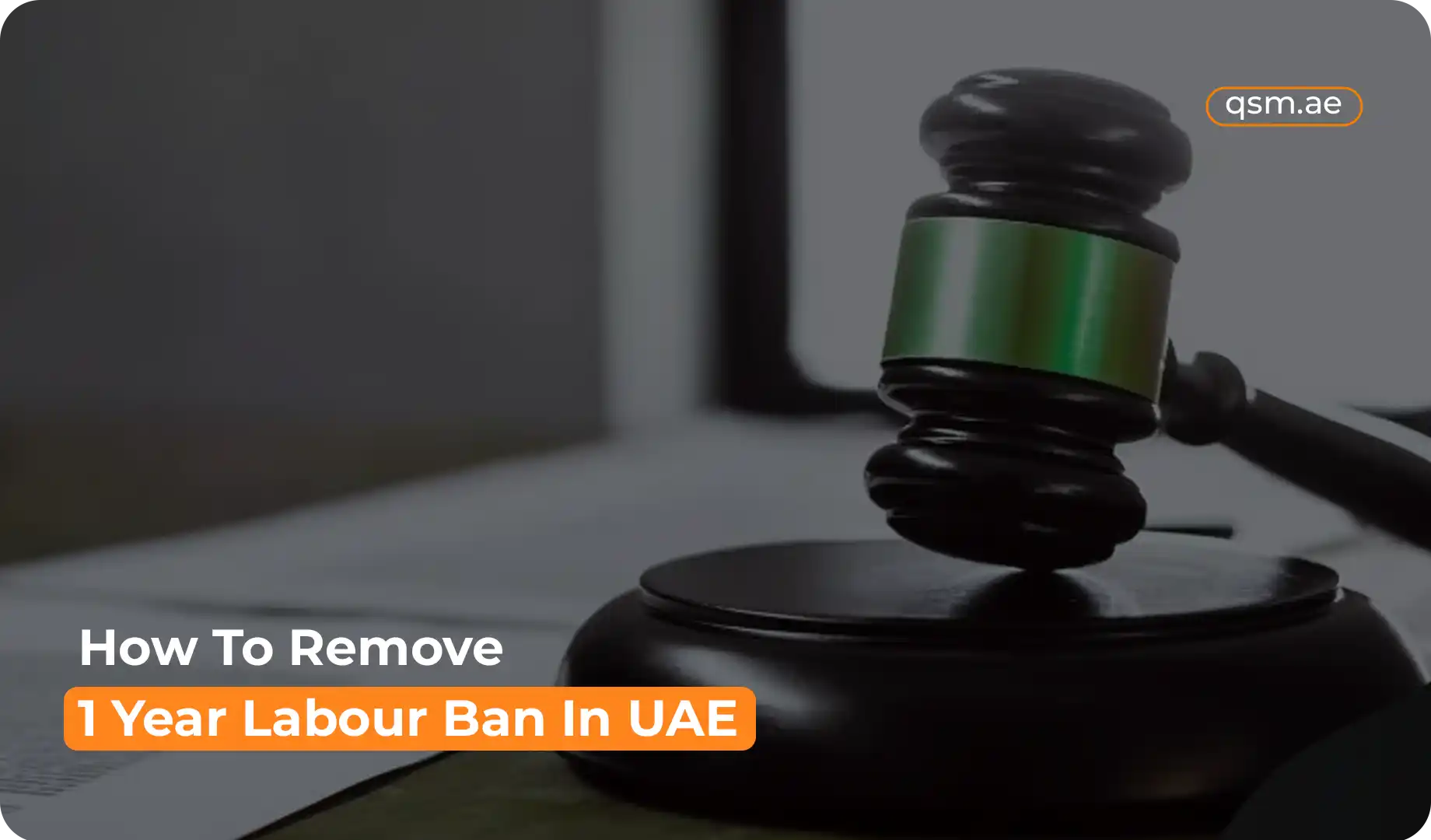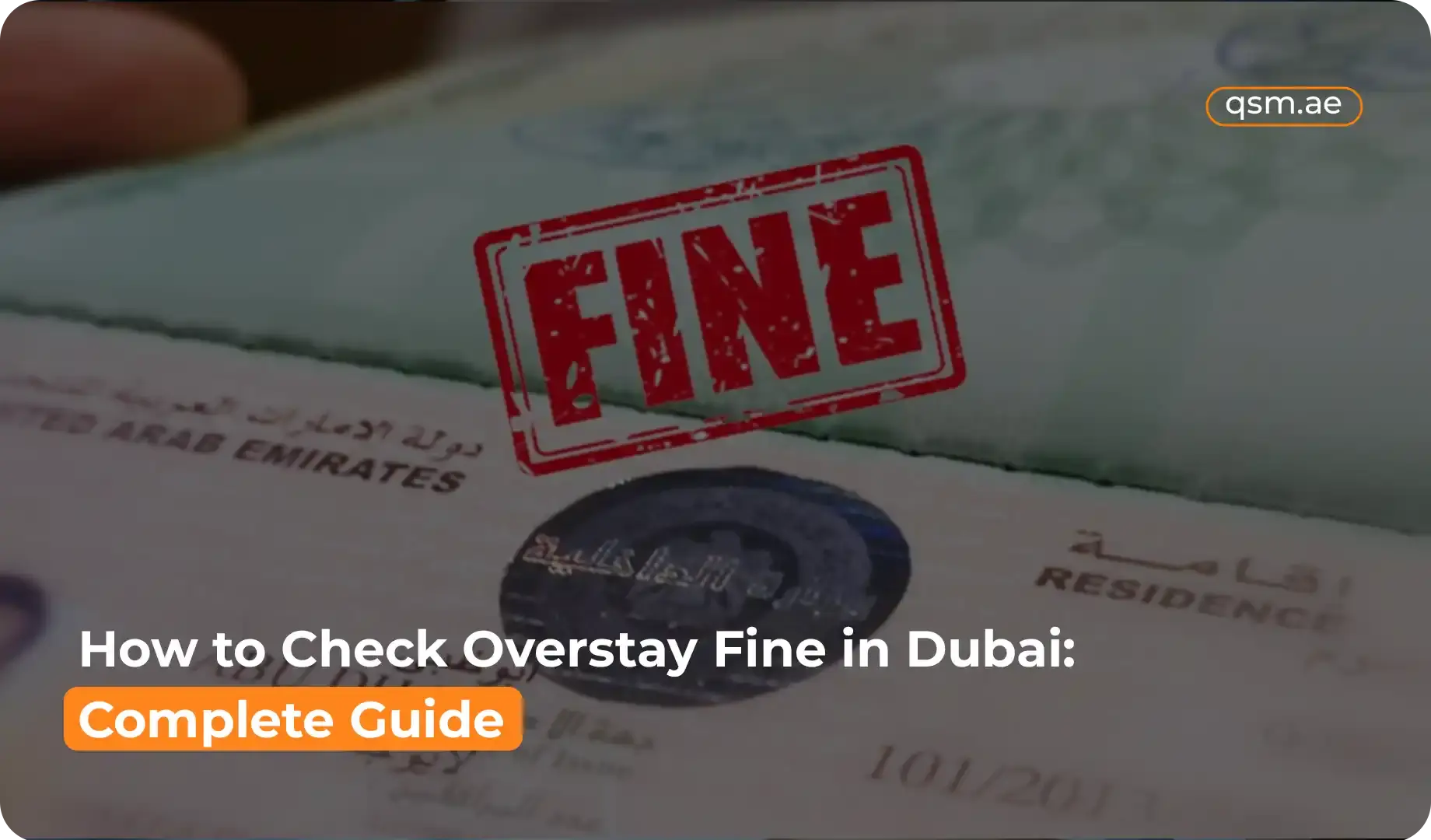You can remove a one-year UAE labor ban by negotiating with your former employer for a mutual agreement, or by filing a grievance with the Ministry of Human Resources & Emiratisation (MOHRE) if the ban was unjust. You may also be eligible for an exemption under specific circumstances, such as having a skills-based profession or a Golden Visa. If all else fails, the ban will automatically expire after one year from the date you last exited the country.
Methods to Remove a Ban
- Mutual Agreement: Contact your previous employer and negotiate a mutual agreement for the ban to be lifted.
- Grievance/Appeal: File a complaint with the MOHRE if you believe the ban was issued unfairly. This is an option if you have evidence of contractual misuse, poor treatment, or unpaid salary. You will need to provide all relevant documentation.
- Exemptions: Certain categories of workers are exempt from the one-year ban. You may be eligible if you have a professional skill level required in the UAE, hold a Golden Visa, or are sponsored under a family residence visa.
- Legal Assistance: Consult with a legal expert or reach out to QSM Document Clearing Services to understand your rights and the best course of action for your specific situation. Their team can guide you through the labour ban removal process, prepare the required documentation, and coordinate with MOHRE to ensure your case is handled properly.
What to Do While the Ban Is in Effect
- Wait it out: The ban will expire automatically one year after you leave the country.
- Explore other visas: You can apply for a different type of visa, such as an investor, student, or freelance visa, to stay and work legally in the UAE until the ban expires.
- Work in free zones: You may be able to work in a free zone, as these have different regulations and may not be affected by a standard labor ban.
Understanding Labour Ban in UAE
If you’ve recently faced a 1-year labour ban in the UAE, it’s essential to understand what it means and how to remove it legally. A labour ban is a temporary restriction imposed by the Ministry of Human Resources and Emiratisation (MOHRE) that prevents an individual from obtaining a new work permit for a specific duration – typically six months or one year.
These bans are usually the result of contract violations, disputes, or non-compliance with UAE employment laws. While the process may seem complex, knowing your rights and available options can help you lift or remove a labour ban efficiently.
What Is a Labour Ban?
A labour ban prohibits an employee from being issued a new work permit in the UAE for a defined period. It differs from an immigration ban, which restricts entry into the country altogether. A labour ban only limits your ability to work for another employer within the UAE.
Common Reasons for a 1-Year Labour Ban
- Breach of Contract:
Resigning before completing the minimum term of a limited contract or violating major clauses can trigger a labour ban. - Violation of UAE Labour Laws:
Working for a non-sponsor or engaging in unauthorized employment is considered a serious offense. - Failure to Serve Notice Period:
Leaving your job without completing the legally required notice period can result in an automatic ban request by the employer. - Mutual Agreement:
Sometimes, a ban is applied as part of a mutually agreed contract termination between the employee and employer. - Employer Complaints or Misconduct:
Behavioural or disciplinary issues reported by the employer may also lead to a ban under MOHRE regulations.
New Labour Ban Law in UAE
- Shorter and More Flexible Contract Periods
Most UAE employment contracts now follow limited durations, allowing both employers and employees more clarity and predictability. This change helps prevent long-term disputes and reduces the likelihood of a ban when a contract is completed properly.
- Transparent Dispute Resolution
The MOHRE has made conflict resolution more open and accessible. Employees can now file complaints or seek mediation through the Typing Center, Customer Happiness Center, or online portals, ensuring that disputes are addressed fairly before a ban is imposed.
- Improved Job Mobility
New policies make it easier for workers to change employers within the UAE without facing a ban, provided they complete the agreed contract period and follow notice requirements. This encourages fair employment transitions and protects workers from unjust restrictions.
- Balanced Ban Enforcement
While bans still exist for serious violations such as breach of contract or working without authorization, MOHRE’s updated laws ensure that these restrictions are applied more transparently and can be lifted or removed under valid circumstances.
How to Check Your UAE Labour Ban Status with Passport
- Visit the MOHRE Official Website
Go to the official MOHRE portal – the UAE government’s authorized platform for labour-related services. - Select “E-Services”
From the homepage, choose E-Services and then navigate to options related to labour card information or ban status inquiry. - Enter Your Passport Number
Fill in your passport number, nationality, and other required personal details. This allows the system to retrieve your current employment and ban status records. - Check the Results
The system will display your labour ban information, including the type of ban (6 months or 1 year), its start and end date, and the reason for imposition if available.
UAE Labour Ban: If You Resign
- Resigning Before Completing a Limited Contract
If you resign before the end of a limited-term contract, your employer has the right to request a labour ban through the Ministry of Human Resources and Emiratisation (MOHRE).
- Contract Clauses Triggering a Ban
Some employment contracts explicitly mention that resigning within a certain period (often the first 6–12 months) can lead to a ban.
- Mutual Agreement with Employer
If both parties – the employer and the employee -mutually agree to end the contract, the risk of a ban may be reduced.
Labour Ban in UAE for Limited Contract
If you’re working under a limited contract in the UAE, understanding how it impacts a potential 1-year labour ban is crucial. Limited contracts legally bind employees to a fixed employment period, and leaving early can result in a labour ban under MOHRE (Ministry of Human Resources and Emiratisation) regulations.
1. Completing the Contract Duration
If you complete your limited contract term as stated in your employment agreement, you are generally free to switch employers or apply for a new job without facing a labour ban.
2. Early Resignation and Compensation Clauses
When an employee resigns before the end of a limited contract, a labour ban may automatically be triggered by the employer. However, many contracts include compensation clauses for early termination.
3. The Role of a No Objection Certificate (NOC)
While the NOC (No Objection Certificate) is no longer mandatory under newer UAE labour laws, it still holds value in specific situations.
4. Understanding the New MOHRE Flexibility
Recent labour law reforms have made it easier for employees to switch employers under justified circumstances, such as:
- Contract completion.
- Mutual agreement between employee and employer.
- Valid reasons like unpaid salaries or breach of employment rights.
Remove Labour Ban with QSM
Need help removing your labour ban in the UAE? The experts at QSM Document Clearing Services are here to guide you through every step – from filing your appeal with MOHRE to preparing the required documents for a smooth and legal resolution.
Simply visit our contact page or fill out the form, and our experienced staff will get in touch with you promptly to help lift your labour ban quickly and hassle-free.
Or
FAQ's
1. How can I remove my 1 year ban in the UAE?
2. How long does a ban last in the UAE?
3. How to check labor ban status?
4. How to get unbanned from the UAE?
5. What Is the Difference Between a Six-Month Ban and a One-Year Labour Ban?
- A six-month labour ban in the UAE is usually an automatic administrative restriction issued by MOHRE for minor violations, such as early resignation or minor contract breaches.
- A one-year labour ban, however, is typically applied for more serious violations or when specifically requested by the employer, often related to contract termination issues or legal disputes.




